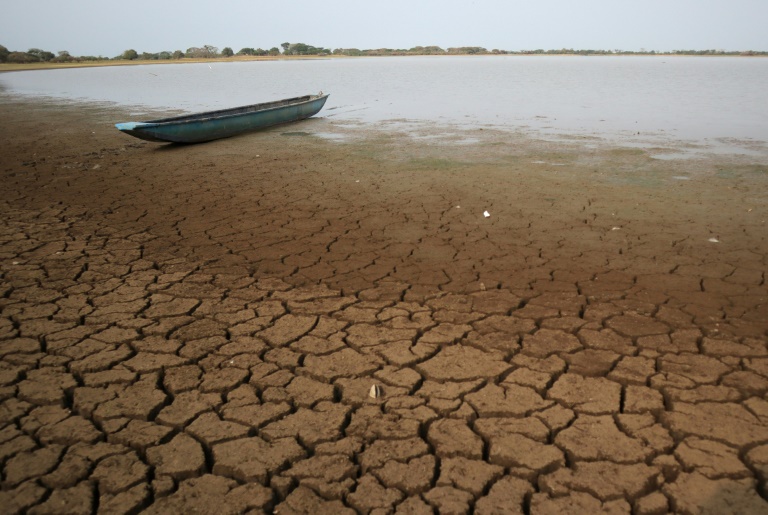Colombia has halted electricity exports to neighboring Ecuador as its hydropower plants reach near-critical levels due to a biting drought, the government said late Monday.
The severe dry spell, associated with the El Nino climate phenomenon, has also led to water rationing that is affecting 10 million people in the capital Bogota and surrounds.
Mining and Energy Minister Andres Camacho told journalists that the country, which gets most of its energy from hydroelectric sources, was taking “all measures” to avoid energy cuts.
“Since Easter week, we limited energy exports to Ecuador. Right now, we are not exporting any electricity,” Mining and Energy Minister Andres Camacho told journalists.
Water reservoirs currently stand at 29.8 percent of their capacity, according to the XM national electricity operator. A level of 27 percent is considered critical.
Camacho said that rains were expected soon to break the dry spell and high temperatures which also led to hundreds of forest fires in the country earlier this year.
The measure was set to worsen electricity woes in Ecuador, whose President Daniel Noboa on Tuesday declared an emergency in the sector.
“I have declared an emergency in the electricity sector, I have asked for the resignation of the Minister of Energy (Andrea Arrobo) and we have begun an investigation into sabotage in certain areas and power plants,” Noboa wrote on X.
Noboa did not give details on what the sabotage entailed, but slammed the “inefficiency and corruption of a few miserable people.”
On Monday night, Ecuador’s energy ministry announced “temporary rationing” due to the drought and asked the population to “reduce energy consumption in this critical week.”
However, Noboa overrode the order, and announced “we are not going to have more blackouts this week.”
He also said household electricity bills would be halved this month.
jss/nn/hba/sf/fb/md
